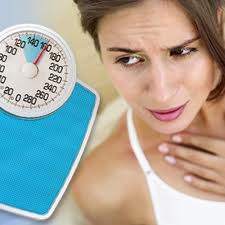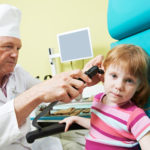Researchers Say Low Serotonin Does Not Cause Depression
I often receive phone calls from prospective patients asking about ways to measure serotonin levels. Many people are convinced they have a chemical imbalance in their brain, and this should explain or justify their depression. A recent article published on NPR’s health blog describes the history of how American culture jumped head-first onto the Prozac bandwagon in the late 1980’s, accepting the drug-maker’s marketing campaign that depression is merely a deficiency in serotonin. Now scientists are saying that explanation is no longer satisfying.
“Chemical imbalance is sort of last-century thinking. It’s much more complicated than that,” says Dr. Joseph Coyle, a professor of neuroscience at Harvard Medical School. “It’s really an outmoded way of thinking.”
The antidepressant, Prozac, was first introduced in 1987 and quickly became a blockbuster. Compared to other tricyclic antidepressants, Prozac showed very little side effects and worked specifically on raising serotonin. The enormous success of Prozac built the framework for the idea that symptoms of depression may be due to a serotonin deficiency.
According to Alan Frazier, a researcher of antidepressant medications and the chairman of the pharmacology department at the University of Texas Health Science Center at San Antonio, scientific research does not support the serotonin deficiency theory.
“I don’t think there’s any convincing body of data that anybody has ever found that depression is associated to a significant extent with a loss of serotonin,” said Frazier.
In the 1990s, Pedro Delgado, the chair of the psychiatry department at the University of Texas, carried out a study that showed if you deplete a normal person of serotonin, they will not become depressed. He believes that this finding supports the idea that low serotonin does not cause depression.
Though the chemical imbalance theory may have helped some people to come out of the closet about their depression, researchers say that the problem is more complex than a simple biological deficiency. Antidepressants can help people cope with depression, however many other therapies and treatments including counseling, biofeedback, acupuncture, massage, light therapy and others can work just as well.
Source: When It Comes To Depression Serotonin Isn’t The Whole Story by Alix Spiegel










